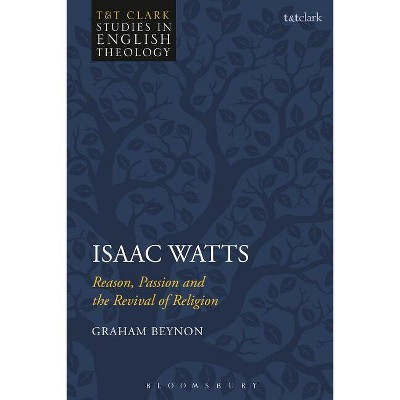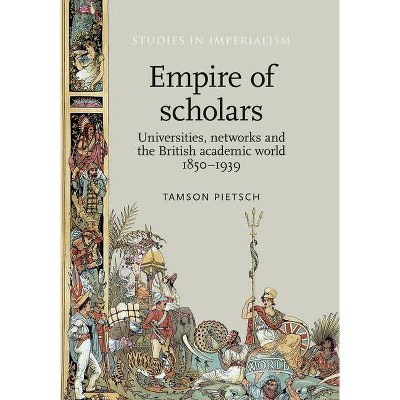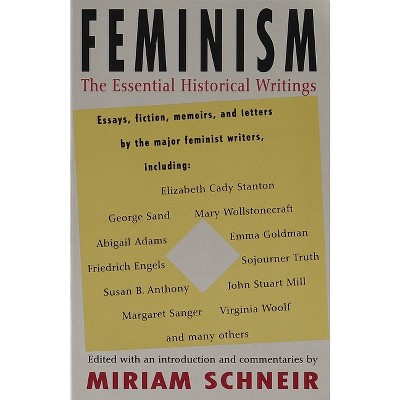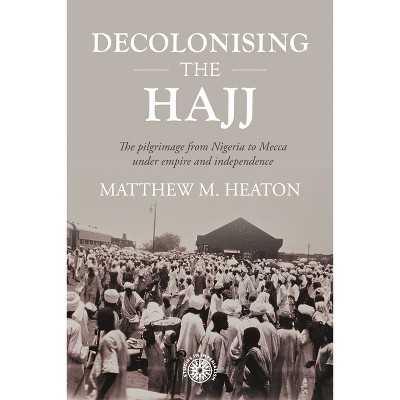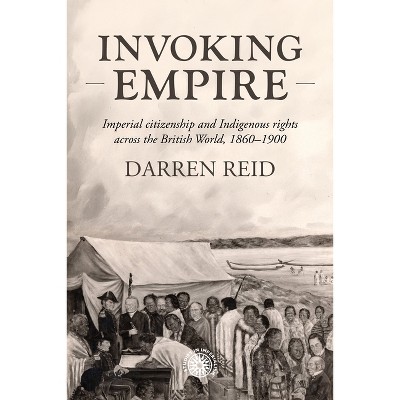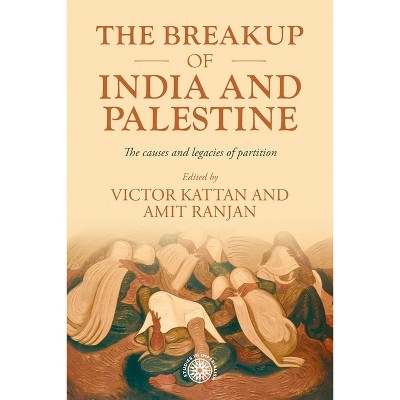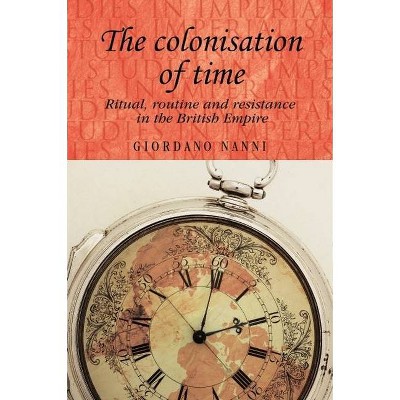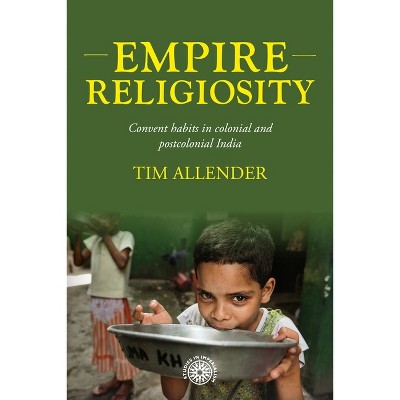Sponsored

Containing Decolonisation - (Studies in Imperialism) by Matthew Bowser (Hardcover)
In Stock
Sponsored
About this item
Highlights
- This book examines the relationship of imperialism and ethnonationalism.
- About the Author: Matthew Bowser is Assistant Professor of Asian History at Alabama A&M University
- 256 Pages
- Political Science, Colonialism & Post-Colonialism
- Series Name: Studies in Imperialism
Description
About the Book
This book examines the relationship of imperialism and ethnonationalism.
Book Synopsis
This book examines the relationship of imperialism and ethnonationalism. Through a case study of colonial Burma, it finds that British imperialists amplified ethnonationalism to protect their interests after decolonisation. This preference helped Burmese ethnonationalists to seize power in the post-colony, to the detriment of the country's people.From the Back Cover
Did British imperialism 'end' at decolonisation? Or did it merely adapt to changing circumstances? Why has ethnonationalism become so powerful in so many post-colonial states? Containing decolonisation examines the relationship between imperialism and ethnonationalism through the case study of colonial Burma, illustrating how British imperialists amplified ethnonationalism to protect their interests after decolonisation.
The book provides a key case study for how imperialists - and authoritarian states in general - utilise ethnonationalist politics as a force of passive revolution: providing the aesthetics of revolution while preventing real social and economic transformation. The volume also speaks to the imperial nature of the Cold War: it shows how the imperial policies of the Cold War were in place long before the specific conflict began. Bridging the gap between colonial 'divide-and-rule' policies and neo-colonial 'Containment' policies during the Cold War, it demonstrates the continuity between these phenomena.
In expanding scholarly understanding of modern imperialism, Containing decolonisation provides historical background to the present-day Rohingya genocide in Myanmar, as well as the country's struggle with its military junta. In Myanmar itself, it identifies the origins of the military junta's racial regime that scapegoats Burmese Indians and Muslims as foreign invaders. Examining how British imperialists and Burmese politicians set the stage for ethnic violence and military power during the late colonial period and the period of decolonisation, the book ultimately uncovers the relationship between imperialism, capitalism and ethnonationalism, a relationship that is disturbingly symbiotic and mutually-reinforcing.
About the Author
Matthew Bowser is Assistant Professor of Asian History at Alabama A&M University

